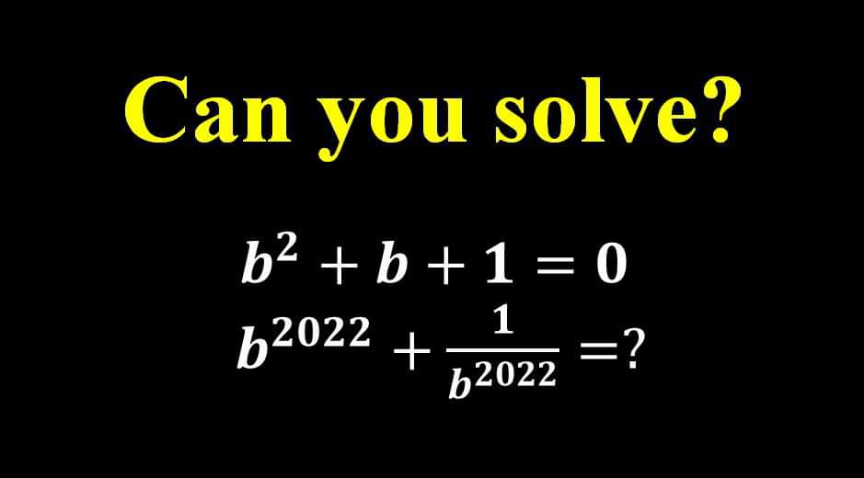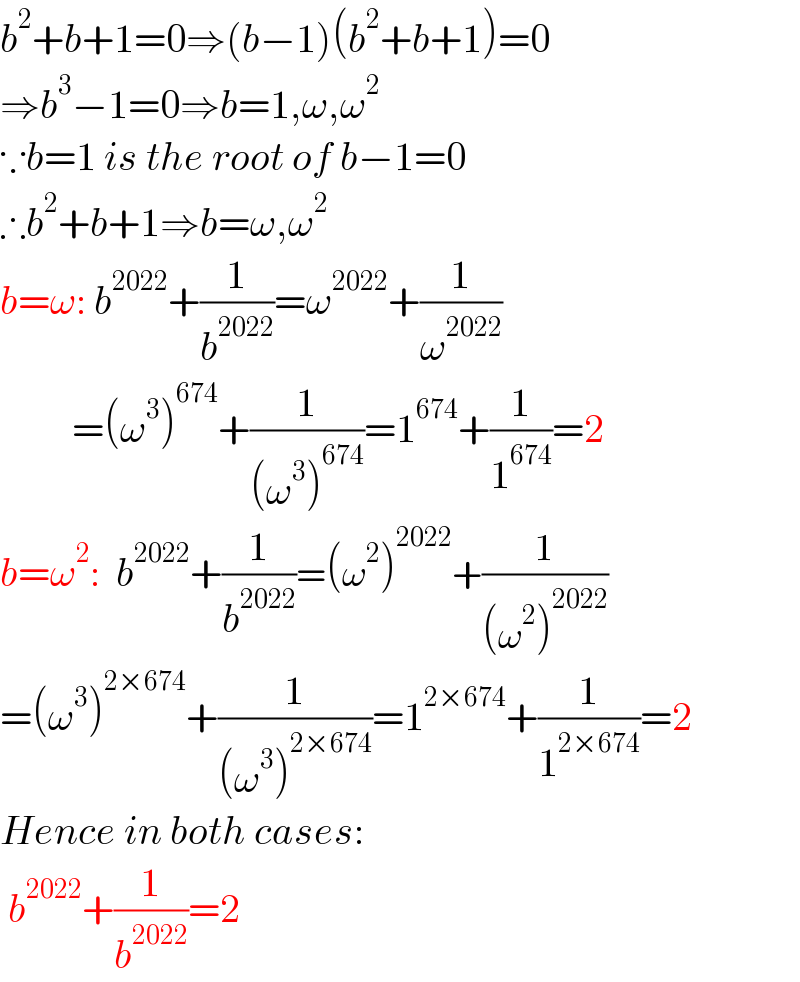
Question and Answers Forum
Question Number 166372 by mathlove last updated on 19/Feb/22

Answered by MJS_new last updated on 19/Feb/22

Commented by mr W last updated on 19/Feb/22

Commented by peter frank last updated on 19/Feb/22

Answered by MathsFan last updated on 19/Feb/22

Answered by Rasheed.Sindhi last updated on 19/Feb/22

Commented by mathlove last updated on 19/Feb/22

Commented by peter frank last updated on 19/Feb/22

Commented by Rasheed.Sindhi last updated on 19/Feb/22

